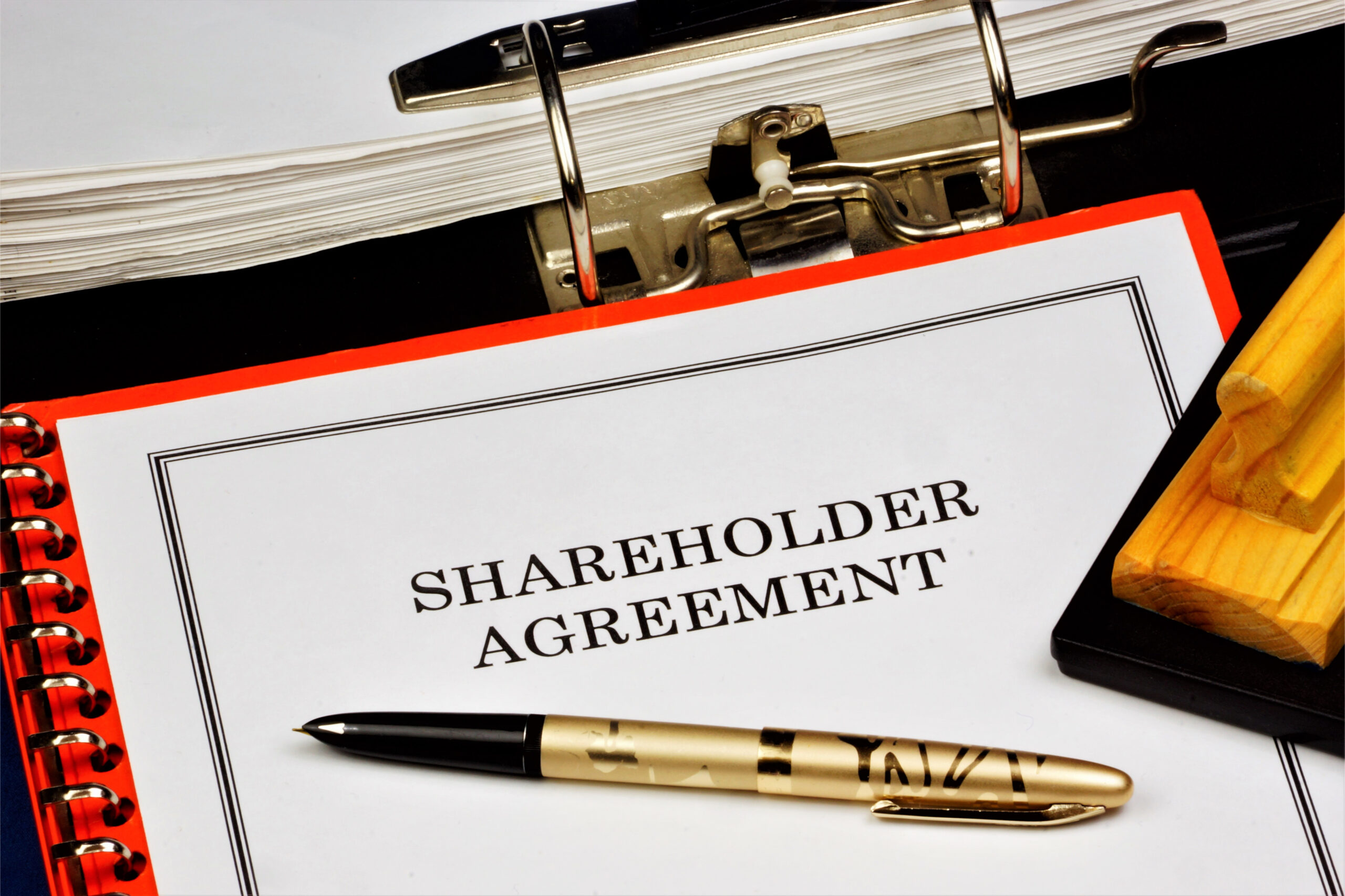A nominee shareholder is a person who receives the share upon the death of a shareholder or original holder. Now learn more about the nominee shareholder agreement.
Who Is a Nominee Shareholder
A nominee shareholder refers to the person who will receive the share after an original holder of shares expires. A nominee is a person who is named in a shareholder’s directive to transfer the legal title of shares to a specified person upon the death of a shareholder or original holder. A nominee is someone who is described in the directive.
What Is a Nominee Shareholder Agreement?
A nominee must file a custodial agreement stating that until the original shareholder is still alive, he or she has no command over shares. The nominee holds the shares under this custodial agreement. Even a minor can be nominated for shares in a firm, and the firm’s shares can be held by an individual or a business organisation. If the nominee is underage, shareholders will choose another individual to become eligible for shares in the event of the deceased shareholder.
When a share is transferred on the demise of a shareholder, nominee shareholders are created. They have all of the rights of the original shareholders and are a trustee for the legal heirs. Until a will is produced, they cannot own shares. It is possible to appoint nominee shareholders without specifying them as the owner of shares in a will. It is merely a procedure to simplify the transmission of shares upon the demise of a shareholder.
Are Nominee Shareholder Agreements Legal?
Yes , they are legal. If a person authorised to administer a deceased shareholder’s will negligently allows someone else to take away the deceased person’s shares, the nominee shareholder can take legal ownership of those shares by just signing his name under the nomination.
Uses of a Nominee Shareholder Agreement
A nominee shareholder scheme allows you to keep your real shareholder identity hidden from other shareholders, while still allowing you to reap the benefits of ownership. The technique can assist you to maintain the secrecy and integrity of your company. You can also use intermediaries to set up nominee shareholders, but this may be more expensive than setting up an intermediary company.
Pros of Nominee Shareholder Agreements
The nomination solves the difficulty of contacting and dealing with the legal representatives of the deceased shareholder, as well as avoiding disputes between legal heirs to claim legal title to their share in the case of the deceased shareholder. A company can quickly and conveniently identify with whom to contact and deal with after the death of a shareholder.
Cons of Nominee Shareholder Agreements
Much of the trouble that arises when an individual is put in charge of a corporation’s shares comes from the fact that the nominee’s authority extends to the rights attached to those shares; however, there is no legal requirement for corporations to accept nominee shareholdings. Sometimes, I have seen the following problems:
- The legal proprietor or nominee refuses to return the shares to the beneficiary
- The legal proprietor exercises the rights or has the rights associated with those shares without the consent or knowledge of the beneficial owner. In particular, they are used as security are sold
- When the legal owner dies or is deregistered, the beneficial owner is unable to obtain the shares transferred to himself.
How to Set up a Nominee Shareholder Arrangement
To set up a nominee shareholder arrangement, the nominee declares a trust over the shares for your benefit and signs a declaration of trust. Apart from this there is another way to set up a nominee shareholder agreement, one of the options is called the call option agreements, when compared to other methods they are more complex and are used in countries that do not recognise trusts or which prohibit the use of nominee structures.
When creating a declaration of trust, you’ll typically require the nominee to promise to act only on your instructions, to transfer shares to you upon request, and to keep you informed of all the rights and advantages associated with them. You may obtain a signed but non-dated share transfer form in your favor to ensure the share transfer even if the nominee refuses or is unable to do so. In addition, you may keep the share certificate with you (if the firm is a private limited company).
The nominee director needs to sign a properly-written document stating that he will act only on your instructions. You may also wish to obtain a power of attorney so that you may act on behalf of the firm, sign contracts, and open bank accounts for it. When it comes to protecting the company against claims by the nominee director and making it easier to remove him at the appropriate time, a letter of resignation without an expiration date is common.
Corporate nomination documents are crucial for recording nominee shareholder and nominee director arrangements, as the risks noted above. For further assistance, please feel free to contact us for a free consultation.
How Vakilsearch Can Help in Shareholder Agreements
Upon receiving your request, our representative from Vakilsearch will contact you to process your request for a shareholders’ agreement. If we require any more information from you, our experts will contact you.
- Our in-house lawyers and legal experts will create the draft of the agreement. They will then send it to you for your review within 5 to 6 business days.
- After we have received all your details, our in-house lawyers and legal experts will prepare the draft of the agreement.
- If you have any comments, we will send them to you again for your approval.
- The first iteration of your price includes two iterations. Therefore, if you would like your agreement to be modified in any way, we will accommodate your requests and send it back to you for your approval.
Also, Read:

